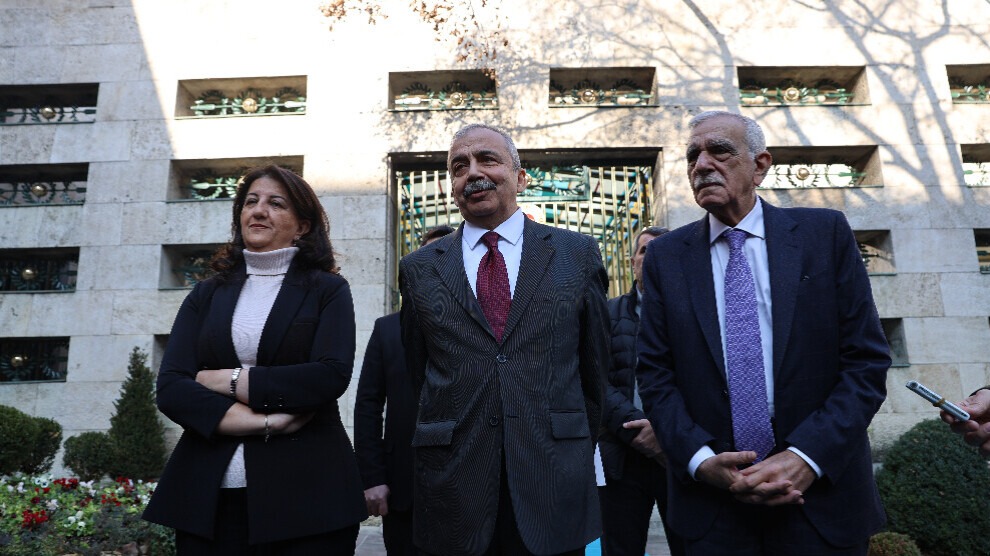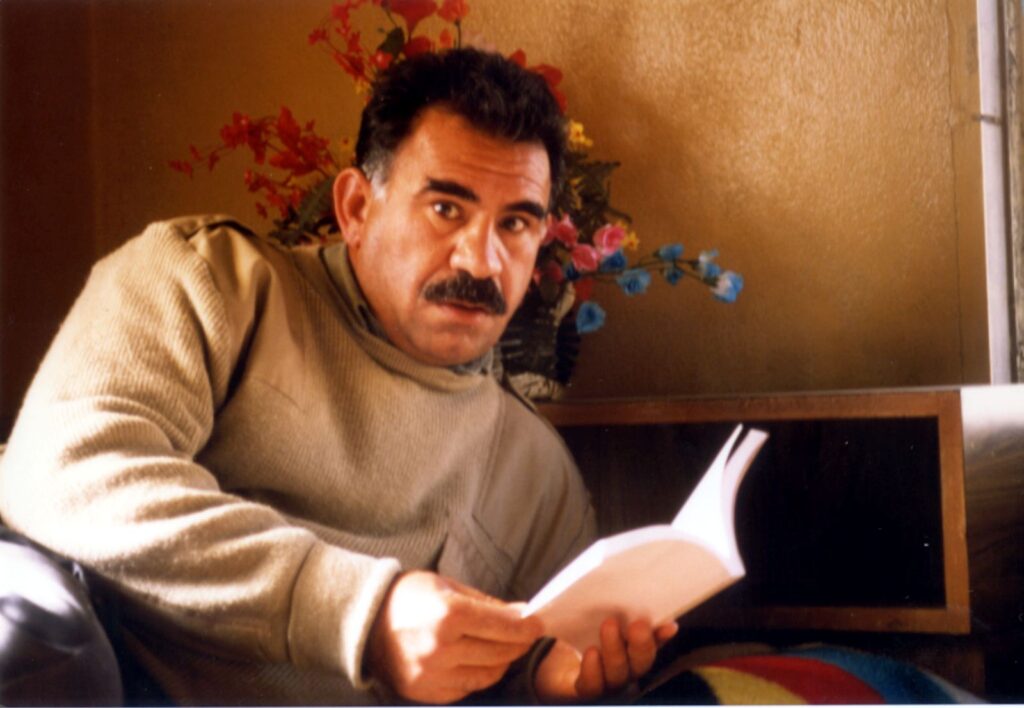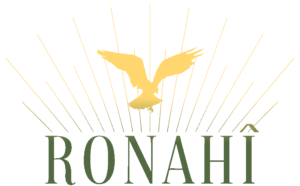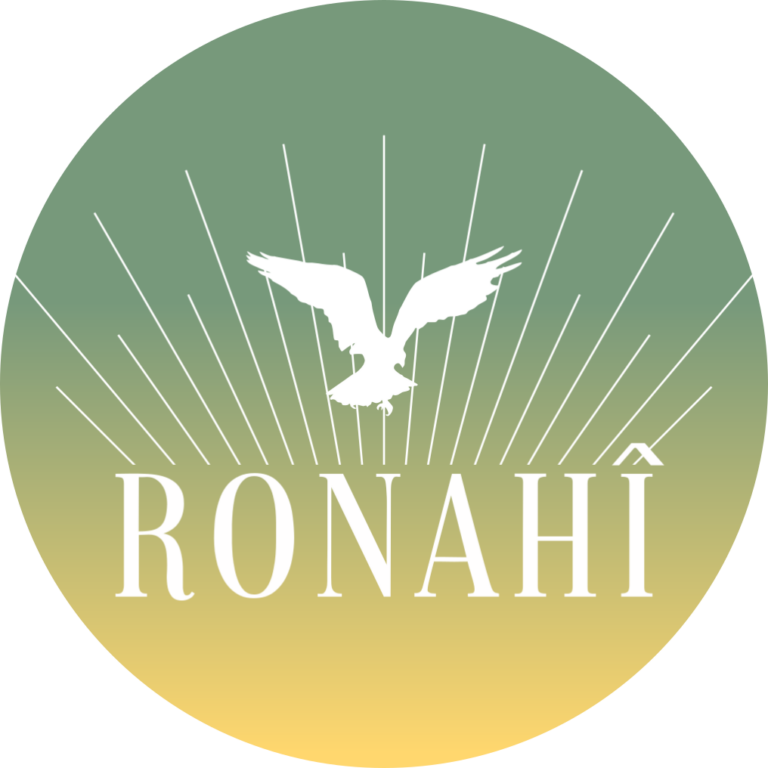A new phase is likely to begin for the Kurdish Freedom Movement: A delegation of the DEM-Party visited Abdullah Öcalan twice. In between their visits the delegation discussed with several Turkish politicians, political leaders and social institutions. As a result of all discussions and to introduce a new phase of peace and democracy in the Middle East, Abdullah Öcalan will most likely send a message to the public on 15th February.
The Struggle for Justice in Imrali: A Legacy of Resistance and Hope
In the annals of history, there are moments when the fate of a people hinges on the courage and vision of a single individual. Such is the story of Abdullah Öcalan, known to his followers as „Rêber Apo“, whose imprisonment in Imrali Prison has become a symbol of both oppression and unyielding resistance. For 26 years he is hold hostage at the prison island of Imrali in Turkey. Until 22 of October, where his nephew and politician of DEM-Party Ömer Öcalan visited him, he did not receive any visits nor could he talk to anybody outside for almost 4 years. Now there is a new phase beginning for the Kurdish Freedom Movement: A delegation of the DEM-Party consisting of Pervîn Buldan und Sırrı Süreyya Önder visited Abdullah Öcalan twice, once on December 28th and on January 22th. In between their visits the delegation discussed with several Turkish politicians and political leaders. As a result of all discussions to introduce a new phase of peace and democracy in the Middle East, Abdullah Öcalan will most likely send a message to the public on 15th February. We want to revise the history of resistance on Imrali briefly with you and discuss the importance of the upcoming message of Abdullah Öcalan.

The International Complot of 1999: A Violation of Justice
The story of İmralı begins not within its cold, isolated walls, but on the global stage. In October 1998, a covert international operation, under the leadership of CIA and MOSSAd and the participation of at least 32 other secret services, was set in motion, culminating in the kidnapping of Abdullah Öcalan on February 15, 1999 in Nairobi, Kenia. This operation, orchestrated by a coalition of states, violated numerous principles of international law, including the right to a fair trial and the prohibition of extraordinary renditions. Öcalan’s capture was not merely the detention of a political leader; it was an attempt to silence a movement and imprisonn an entire people on Imrali.
During this period, Öcalan’s defense writings became a beacon of resistance. His „Manifesto for a Democratic Civilization“ consisting of five books, is a profound critique of the nation-state system and a call for a democratic, ecological, and gender-liberated society. In this and other works, such as „Beyond State, Power and Violence“ and „The Roadmap to Negotiations“, Öcalan articulated a vision of democratic confederalism—a system that sought to transcend nation-states and empower local communities on base of communes, councils, cooperatives and academies. His ideas were not just a defense of the Kurdish cause but a blueprint for a more just and equitable world. Despite the isolation and psychological warfare waged against him, Öcalan’s voice could not be silenced. He broke the walls of Imrali and let the International Complot run into a void.

The Quest for Peace: 1999-2004 and 2013-2015
The years following Öcalan’s imprisonment were marked by both repression and hope. From 1999 to 2004, the Turkish state intensified its efforts to dismantle the Kurdish movement, employing military, political, and cultural means to suppress dissent. Yet, even in the face of such adversity, Öcalan continued to advocate for a peaceful resolution to the Kurdish question. His book „The Roadmap to Negotiations“ outlines his vision for a democratic solution, emphasizing the need for dialogue, mutual understanding, and the recognition of Kurdish cultural and political rights.
The period from 2013 to 2015 represented a brief but significant window of opportunity. Öcalan played a central role in negotiation talks with the government, proposing a roadmap for peace that included democratic reforms, cultural rights, and an end to armed conflict. His work „Manifesto for a Democratic Civilization“ provided the philosophical underpinnings for this process, advocating for a radical reimagining of society based on communal democracy, gender equality, and ecological sustainability. However, the Turkish government decided to collapse the process and break with their promisis, resulting of a new escalation of warfare.


